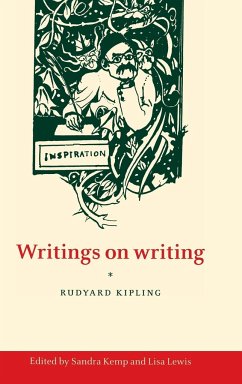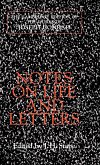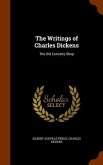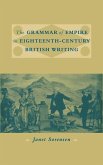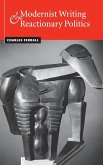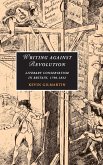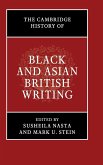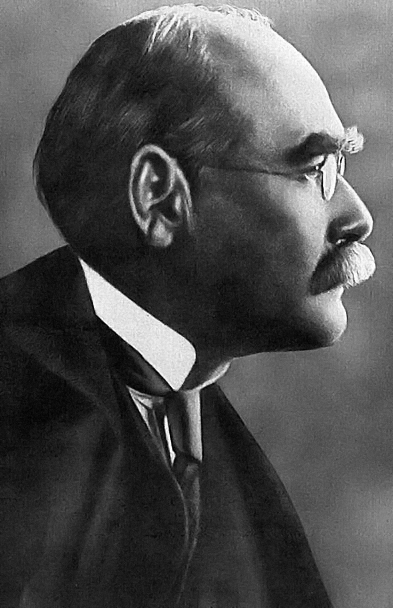Unlike his contemporaries Virginia Woolf and Henry James, Kipling always denied he was a critic. But his letters, speeches, and stories are full of comments on writing and writers. This collection, including many formerly unpublished private letters and papers, details Kipling's response to the commercialisation of literature and the emerging role of the writer as celebrity in the turbulent literary world of the 1890s and beyond. They reveal a mind intensely concerned with questions of literary value, with language and imagination, with truth, realism, and romanticism. Kipling's fame made him a significant spokesperson for important segments of the reading public - the soldiers, engineers, and functionaries central to Britain's imperial expansion. He profoundly influenced English literary language and our perception of English national character. This book offers access to the private and public history of a writer whose continuing influence is still a matter of fierce controversy.
Bitte wählen Sie Ihr Anliegen aus.
Rechnungen
Retourenschein anfordern
Bestellstatus
Storno

